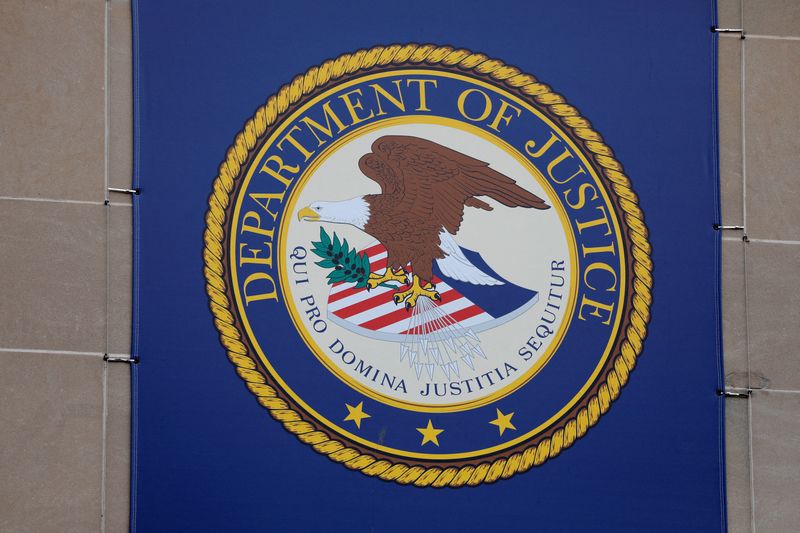DOJ Antitrust Head Targets Pricey Consultants Amid DOGE Cost-Cutting Push
Washington, D.C. – March 16, 2025
The U.S. Department of Justice’s newly confirmed antitrust chief, Assistant Attorney General Gail Slater, has set her sights on reining in the agency’s spending on high-cost economic consultants, aligning with President Donald Trump’s broader initiative to slash federal government expenses. The move, detailed in an internal memo to staff dated Thursday, March 13, comes as part of the Department of Government Efficiency (DOGE) campaign, spearheaded by Trump advisor Elon Musk, to streamline government operations and reduce waste.
In the memo, obtained by Reuters, Slater signaled a dual focus for the DOJ’s Antitrust Division: maintaining robust enforcement to tackle inflation and promote competitive consumer markets while scrutinizing the division’s reliance on expensive outside expertise. “In an era of rising prices, pocketbook issues are front of mind, and we will prioritize these markets,” Slater wrote, emphasizing the division’s role in fulfilling Trump’s campaign promise to combat inflation. The review of consultant spending, however, marks an early test of how the division will balance aggressive antitrust action with DOGE’s cost-cutting mandate.
The DOJ’s Antitrust Division has historically leaned on economic consultants to provide expert analysis in complex cases, such as those seeking to block mergers or dismantle monopolies. These consultants, often prominent economists, command hefty fees, with costs running into the millions for high-stakes litigation. Critics within and outside the government have long argued that such expenditures contribute to bureaucratic bloat, a sentiment echoed by Musk’s DOGE initiative, which aims to slash federal spending by billions.
Slater’s memo did not specify which consulting contracts would be targeted or how much the division stands to save, but the announcement has sparked speculation about its ripple effects. The review could signal a shift toward in-house expertise or more selective use of external resources, potentially reshaping how the DOJ prepares for cases against corporate giants like Google, Apple, or Visa—targets of recent antitrust actions.
The move aligns with broader efforts across federal agencies to justify consulting contracts under DOGE’s watchful eye. Last month, the General Services Administration (GSA) directed agencies to review deals with top consulting firms like Deloitte, Accenture, and Booz Allen Hamilton, pressing for cuts to nonessential services. The DOJ’s initiative suggests that even enforcement arms of the government, traditionally insulated from budget slashes due to their legal mandates, are not immune to the efficiency drive.
Slater, an aide to Vice President JD Vance before her confirmation, also highlighted national security priorities in her memo, pointing to global competition in artificial intelligence, 5G, and quantum computing. “We are relying on competitive markets to win these global technological races, and antitrust has a key role to play here,” she wrote, hinting at potential enforcement focus areas under her tenure. This blend of cost-consciousness and strategic enforcement reflects the tightrope Slater must walk as she assumes leadership of the division amid Trump’s second term.
Reactions to the announcement have been mixed. Some antitrust experts see the review as a pragmatic step to align with administration goals without compromising the division’s mission. Others worry it could hamstring the DOJ’s ability to take on well-resourced corporate defendants, who often deploy their own armies of consultants and legal teams. “Cutting corners on expertise risks weakening cases that protect consumers,” said a former DOJ official, speaking on condition of anonymity. “But if they can make it work smarter, it’s a win.”
As of today, March 16, 2025, the Antitrust Division has not released further details on the scope or timeline of the consultant review. With DOGE’s influence growing—bolstered by Musk’s public crusade against government waste—the pressure is on for Slater to deliver results that satisfy both the administration’s fiscal hawks and the division’s mandate to police corporate power. For now, the antitrust world watches closely as the DOJ navigates this new era of efficiency and enforcement.
